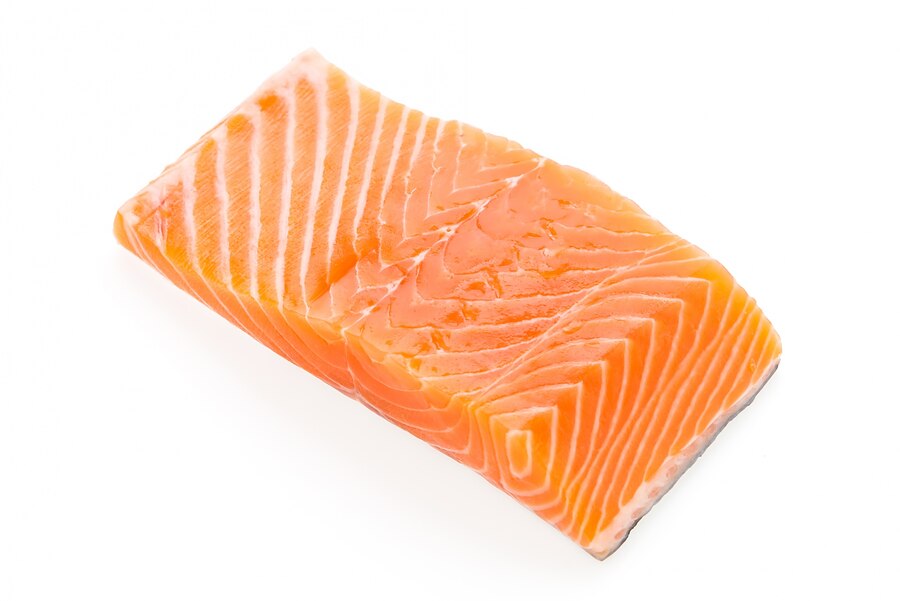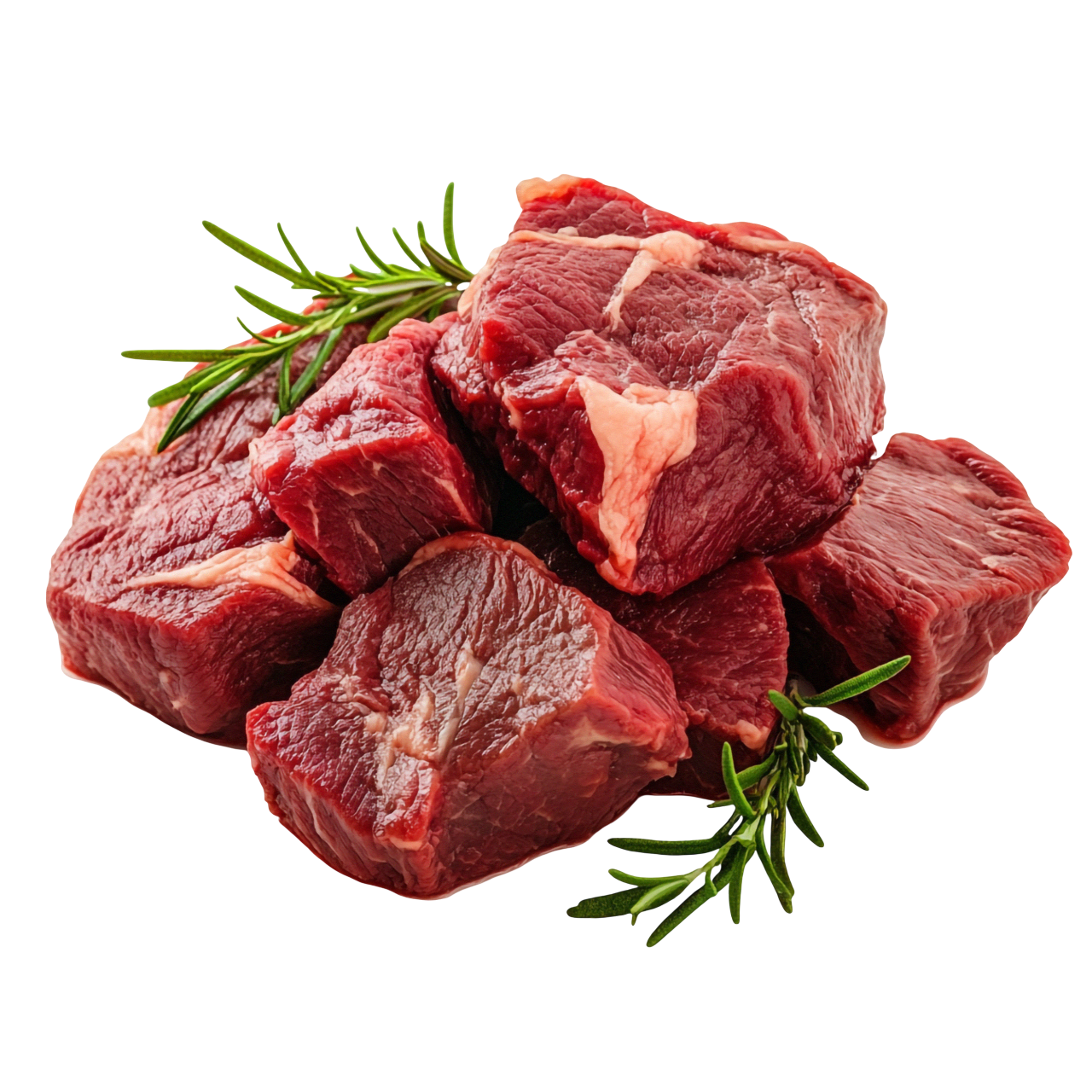Vitamin B3
What is Vitamin B3?
Vitamin B3 (Niacin) is a water-soluble vitamin naturally present in foods such as meat, fish and wheat flour. The UK government recommends an intake of 16.5 mg per day for male adults and 13.2 mg per day for female adults. For example consuming a grilled chicken breast would meet this target. For example eating 100g of grilled chicken breast would meet the daily target.

What is the role of Vitamin B3?
Vitamin B3 is involved in releasing energy from food, decreasing tiredness and supporting healthy skin and nervous system. Consuming a healthy, balanced and varied diet should provide the amount of vitamin B3 required to meet the recommended amount.
What foods contain Vitamin B3?
Vitamin B3 is found in foods such as meat, fish, eggs and wheat flour. Vitamin B3 cannot be stored in the body so these foods should be in the diet every day.

Further Resources:
- Vitamins and minerals – B vitamins and folic acid – NHS
- Vitamins and Minerals – Nutritional Information
References:
Public Health England (2016). Government Dietary Recommendations: Government recommendations for energy and nutrients for males and females aged 1–18 years and 19+ years. Available at:
https://assets.publishing.service.gov.uk/media/5a749fece5274a44083b82d8/government_dietary_recommendations.pdf [Accessed 21 Aug 2024].
National Institutes of Health (2022). Niacin. Available at: https://ods.od.nih.gov/factsheets/Niacin-HealthProfessional/ [Accessed 05 September 2024].
National Institutes of Health (2022). Riboflavin. Available at: https://ods.od.nih.gov/factsheets/Riboflavin-HealthProfessional/ [Accessed 05 September 2024].
Written By:
Lucy Clarkson, SENR Nutritionist and Database Support, myfood24.








 Back to knowledge library
Back to knowledge library